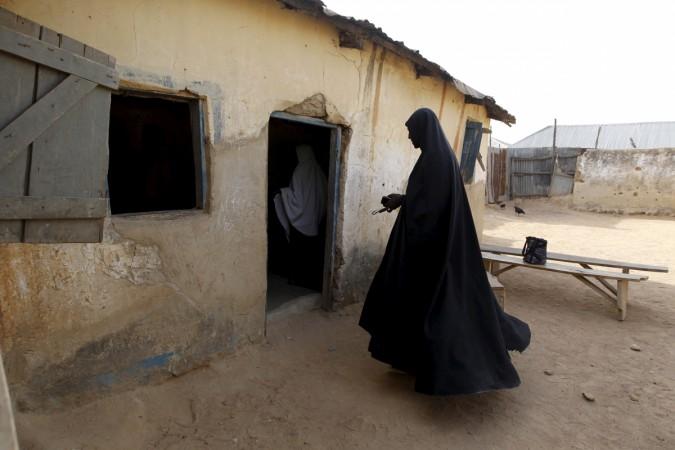
Amnesty International has sought protection for witnesses in an incident between Dec. 12 and Dec. 14, 2015, where at least 350 men, women and children were killed and buried by the Nigerian military in Zaria city, almost 300 km north of the capital city of Abuja. The human rights group has released a report on Friday with their findings on the incident, which the Nigerian Army reportedly called "hasty" and "judgmental."
The offencive taken on by the military after the Islamic Movement in Nigeria (IMN), a Shi'ite Muslim minority group, blocked passage disallowing the Nigerian Chief of Army Staff from passing through in the area on Dec. 12, 2015. Hundreds of IMN supporters were armed with batons, knives and machetes. The military said that the group attempted to assassinate the Chief of Army Staff and they opened fire in self-defence. The group had allegedly killed a soldier and injured several others. However, the IMN said that they did not attack the Army. Instead, they said that they objected to their presence in front of a religious building where a ceremony was underway.
"After four months during which the Nigerian military denied the mass killing, four of the Kaduna State authorities admitted on April 11, 2016 that they had secretly buried the bodies of 347 people in a mass grave two days after the massacre," the report said.
IMN spokesman Ibrahim Musa confirmed that the supporters carried weapons, but denied that they were in possession of petrol bombs, which the Army had alleged, or assaulted the Army convoy.
Witnesses interviewed by Amnesty said that most of the supporters in Hussainiya and in Gyallesu areas died after the Army set a building housing the wounded on fire.
"Those who were badly injured and could not escape were burned alive. I could not help anyone and had to leave them behind because I could not walk because of my injuries. I managed to get away from the fire by crawling on my knees until I reached a nearby house where I was able to hide until the following day. I don't know how many of the wounded were burned to death. Tens and tens of them. There was also a room full of dead bodies and more dead bodies in the courtyard. They too were burned in the fire," said Yusuf, a man who was shot during the unrest.
Other witnesses present at the site during the 36-hour crackdown also corroborated the brutality by the Army, which has not revealed the actual number of deaths during that period, the report said.
The Amnesty report also noted that there was no evidence found to corroborate the Army's version of the events, which stated that the IMN provoked them into launching an assault.
An inquiry was initiated into the tragic event by the Kaduna state governor in January 2016, the Guardian reported. The Army has asked the inquiry to take place without Amnesty's intervention, while Amnesty has sought protection for witnesses.

















